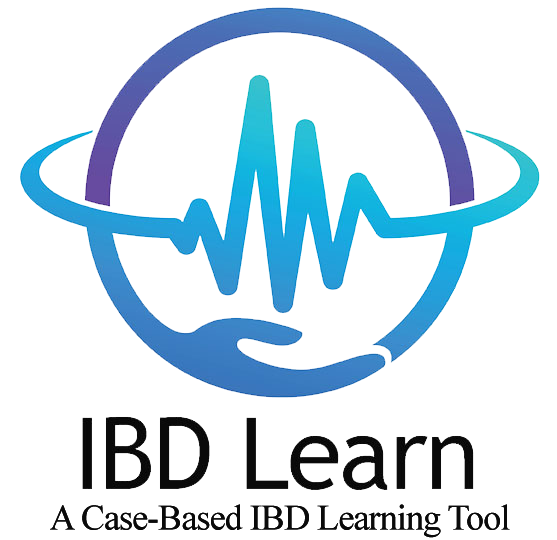Case 16.3
Fortunately, this patient has discussed transition and transfer with her previous pediatric Gastroenterologist, and she has acquired many self-management skills. She found an adult GI provider after an internet search, and together you plan a joint video visit with her new provider in the next 6-12 months.
You then discuss healthcare maintenance with the patient. A bone densitometry scan in 2013 showed osteopenia with a Z-Score of -3.1 and repeat in 2018 demonstrated ongoing osteopenia. She is seen by pediatric Endocrinology who recommend avoiding steroids, optimizing vitamin D level, and a program of weight-bearing exercise. She also sees an Ophthalmologist yearly with a recent normal exam. Her last colonoscopy was done at age 19 using high-definition white light.
You recommend a surveillance colonoscopy, but the patient will soon be changing health insurance plans due to her new job as an Emergency Medical Technician. Her parents are also moving, so this will be the first colonoscopy that the patient will undergo without having them nearby.
